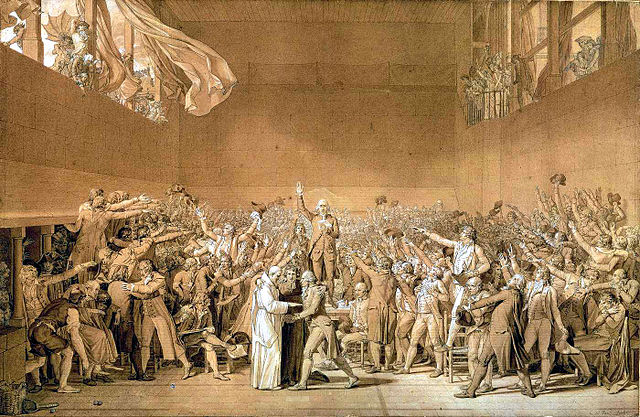Anarchy vs Tyranny
Anarchy and tyranny are two completely different states a society can experience. Anarchy is characterized by lawlessness, where there is no government or authority to control the society, while tyranny is an oppressive government that limits the freedom of the people. This article will clarify the differences between these two conditions while providing a better understanding of both terms.
What is Anarchy?
Anarchy is defined as complete disorder due to the absence of government or control. During such a period, society experiences lawlessness, and people become indifferent to societal laws, behaving as they choose. History has seen situations of anarchy, such as during the French Revolution and the Thirty Years’ War. In an anarchic society, there is no police or legal framework to help people fight their battles, and every individual must fend for themselves. This state of anarchy aligns with philosopher Thomas Hobbes’ belief that human beings are innately selfish and constantly engaged in a war against each other.
What is Tyranny?
Tyranny is defined as cruel and oppressive government or rule. Under a tyrannical government, people’s freedom is limited, and voicing their opinions against the authority can result in severe consequences. Information for the public is also limited, as the press and media are controlled by the government. Tyrannical rule often involves militarization, using armed forces and military power for law enforcement and suppression. Opposition voices are rarely given the opportunity to express their opinions, and the government suppresses the voice of the people and bends the law for their benefit. A tyrannical ruler, known as a tyrant, is often insecure about their power and authority, so they maintain oppressive rule over the people and attempt to increase their power.
Key Takeaways
- Anarchy is a state of complete disorder and lawlessness due to the absence of government or control, while tyranny is a cruel and oppressive government or rule.
- People in an anarchic society have complete freedom to do as they please, while under a tyrannical rule, their freedom is limited and suppressed.
- In anarchy, there are no law enforcing agencies, whereas, in tyranny, there are law enforcing agencies and often high militarization of institutions.
